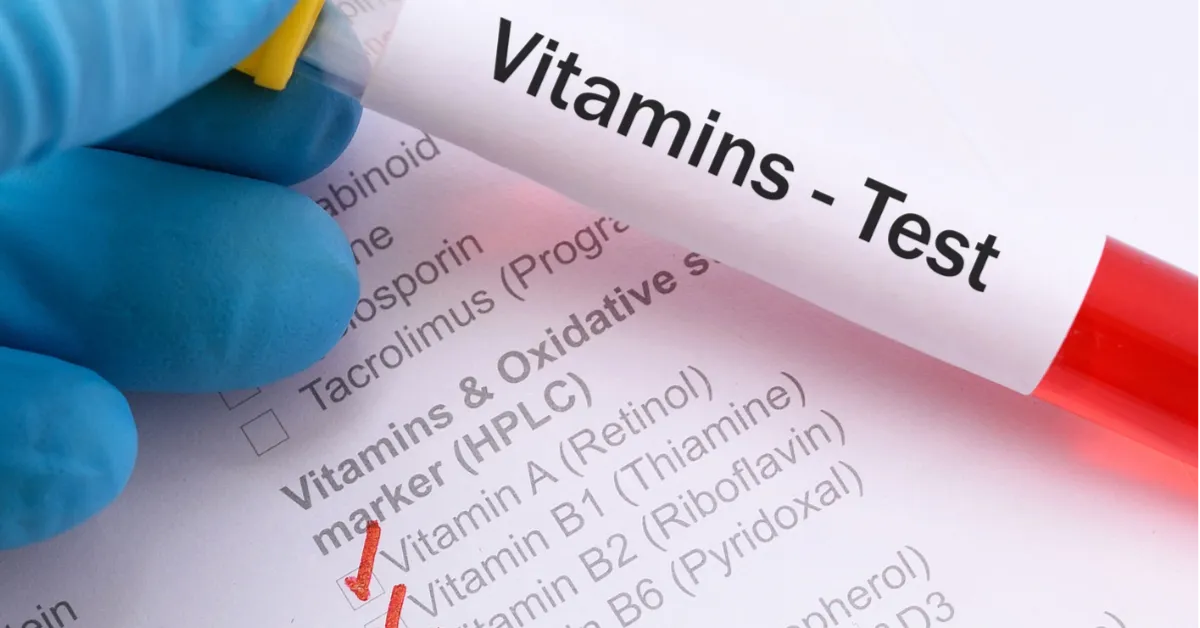EN 18772 Vitamin D Testing in Fortified Grain Products
The European standard EN 18772 outlines the requirements for vitamin D fortification in grain products, ensuring that these fortified foods meet specific nutrient content levels and quality standards. This service is crucial for manufacturers looking to ensure compliance with regulatory requirements while also optimizing product formulations to enhance nutritional value.
Vitamin D plays a pivotal role in maintaining bone health, immune function, and overall well-being, particularly as it can be challenging to obtain sufficient amounts from dietary sources alone. Fortifying grain products such as cereals, breads, and breakfast bars with vitamin D not only boosts the nutritional profile of these foods but also contributes significantly to public health.
In this service, we provide comprehensive testing for vitamin D content in fortified grain products using advanced analytical techniques that adhere strictly to EN 18772. Our laboratory employs state-of-the-art equipment and follows stringent protocols to ensure accurate and reliable results every time. This service is particularly beneficial for companies involved in the production of fortified grain products, as it helps them maintain consistent quality and comply with international standards.
Our testing process includes detailed sample preparation, where the fortified grain products are processed to extract vitamin D accurately. We then use high-performance liquid chromatography (HPLC) coupled with ultraviolet detection for precise quantification of vitamin D levels. This method ensures that even trace amounts of vitamin D are detected and reported accurately.
The importance of this service cannot be overstated, especially in the context of public health. By ensuring accurate fortification levels, manufacturers can contribute to reducing the incidence of vitamin D deficiency, a condition linked to several health issues including osteoporosis and increased susceptibility to infections. Compliance with standards like EN 18772 not only protects consumer health but also enhances brand reputation.
The testing process is designed to be rigorous and repeatable, providing consistent results that can help manufacturers adjust their fortification processes as needed. This service is particularly valuable for R&D departments looking to optimize formulations or troubleshoot issues in the production line. It allows them to make informed decisions based on empirical data rather than assumptions.
In summary, our EN 18772 vitamin D testing service ensures that fortified grain products meet stringent quality and nutritional standards. By adhering to this standard, manufacturers can enhance their product offerings, contribute positively to public health, and ensure regulatory compliance across international markets.
Applied Standards
The primary standard for our service is EN 18772: "Nutritional fortification of food products — Fortification with vitamin D in grain-based products." This international standard provides the framework within which we conduct our testing, ensuring that our results are accurate and reliable.
- EN 18772: Nutritional fortification of food products – Fortification with vitamin D in grain-based products.
- ASTM E360-97: Standard test method for determination of free fatty acids in petroleum and related products by titration.
- ISO 15216: Nutritional fortification of foods – Terms, definitions, and general requirements.
The application of these standards ensures that our testing aligns with international best practices. By adhering to these guidelines, we provide results that are not only accurate but also comparable across different laboratories around the world.
Quality and Reliability Assurance
To ensure the highest level of accuracy and reliability in our testing, we have implemented a robust quality control system. This includes regular calibration of all instruments used in the analysis, participation in proficiency testing programs, and continuous training for our staff to stay updated with the latest methodologies.
- Instrument Calibration: Our HPLC equipment is regularly calibrated using certified standards to ensure that every measurement is accurate and precise.
- Proficiency Testing: We participate in external proficiency testing programs conducted by recognized bodies such as EURACHEM, ensuring our results are validated against industry benchmarks.
- Staff Training: Our team undergoes regular training to stay updated with the latest advancements in analytical techniques and methodologies.
The combination of these measures ensures that we provide consistent and reliable results. This is crucial for manufacturers who rely on our testing services to ensure compliance with regulatory standards and to optimize their product formulations.
Competitive Advantage and Market Impact
Compliance with EN 18772 is not only a legal requirement but also a strategic decision that can significantly enhance a company's market position. By ensuring accurate vitamin D fortification, manufacturers can differentiate their products in the marketplace, attracting health-conscious consumers who are increasingly concerned about their nutritional intake.
Accurate and consistent testing ensures that fortified grain products meet or exceed the required nutrient content levels specified by EN 18772. This not only enhances consumer trust but also helps in building a strong brand reputation. Companies that can demonstrate compliance with international standards like EN 18772 are likely to gain a competitive edge, as they provide consumers with confidence in the quality and safety of their products.
In addition to regulatory compliance, accurate fortification levels contribute to public health by reducing the prevalence of vitamin D deficiency. This has broader implications for society, including potential reductions in healthcare costs associated with related health issues. For manufacturers, this can translate into increased customer loyalty and a positive impact on brand perception.





